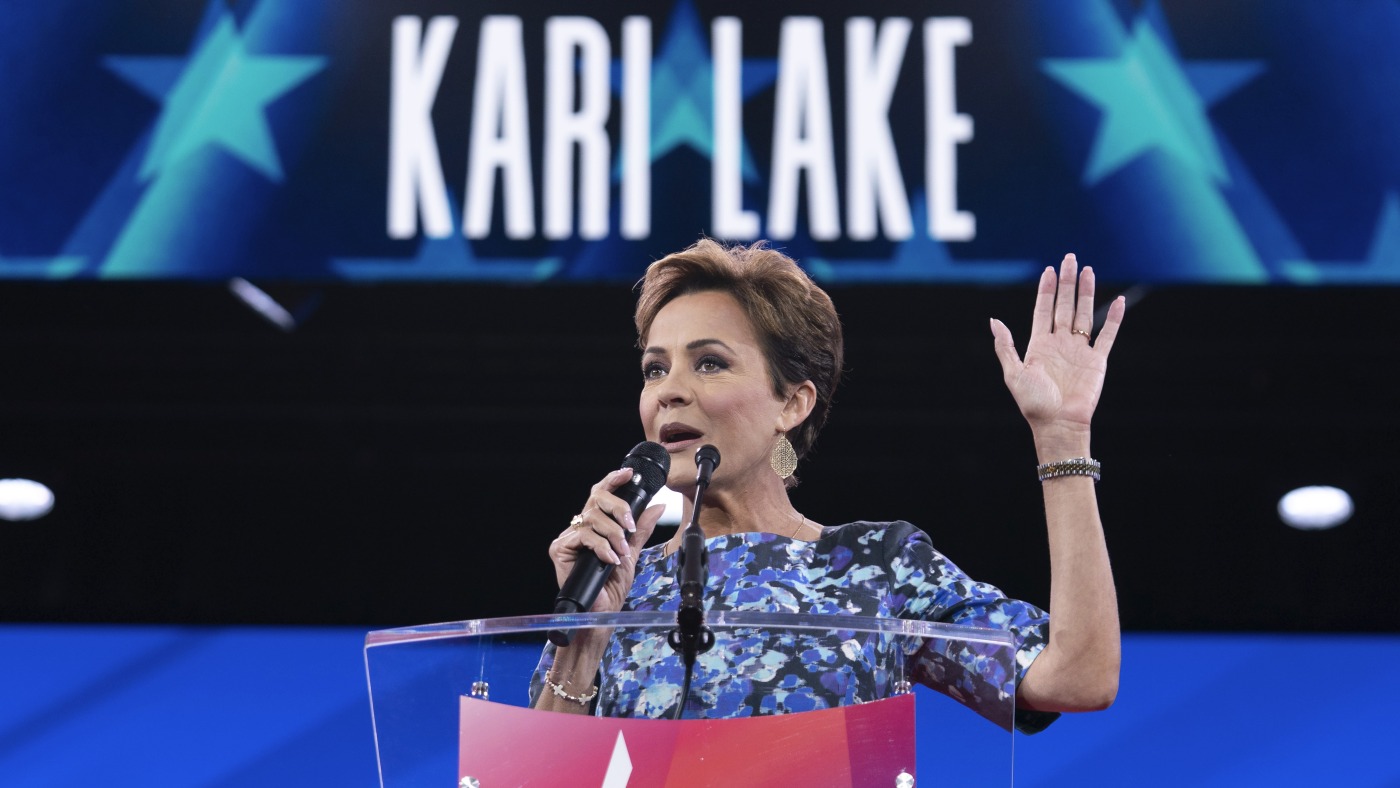A federal judge recently ruled that Kari Lake, a Trump administration official, can’t fire the director of Voice of America (VOA) on her own. This decision came after Lake attempted to remove Michael Abramowitz from his position. The judge stated that Lake’s actions violated the law, which requires approval from a congressional advisory panel.
The law is clear: Lake needs support from an advisory board established to protect the broadcaster from political interference. After President Trump took office, he dismissed most of the board’s members and didn’t replace them. This lack of a functioning advisory panel means Lake’s attempts to remove Abramowitz are legally baseless.
Judge Royce C. Lamberth pointed out that the proposed reassignment of Abramowitz would also be illegal. He stressed that there’s no doubt about the unlawful nature of the termination.
In court, Abramowitz is one of the plaintiffs challenging Lake’s actions. He expressed relief at the ruling, emphasizing the importance of VOA’s work as a reliable source of news. He mentioned, “It’s crucial for Voice of America to resume strong programming for the security and influence of the U.S.”
VOA is designed by law to be a trustworthy news source overseas. However, under Lake’s direction, the service has faced drastic cuts, with the number of active language services slashed significantly, impacting its global reach and audience.
Lake’s team plans to appeal the judge’s decision. She expressed confidence that the Constitution would ultimately support her position. Yet, critics believe that her claims disregard established laws meant to ensure journalistic independence for government-funded broadcasters.
Statistics show that a strong voice in international broadcasting has always been vital for U.S. diplomacy. A Pew Research study found that nearly 62% of people in countries with limited press freedoms consider foreign broadcasts to be a reliable news source. This makes VOA’s role even more significant.
The issue at hand isn’t just about one appointment; it reflects a broader concern about politicizing institutions responsible for delivering unbiased information internationally. As lawmakers continue to debate these changes, experts warn of the implications for democracy and transparency in media.
As we watch this situation unfold, it raises questions about the future of independent journalism in the U.S. and abroad. Continued developments in this case might reshape the landscape of international broadcasting and how it operates under political pressures. For more detailed insights, you can check the official court ruling here.


